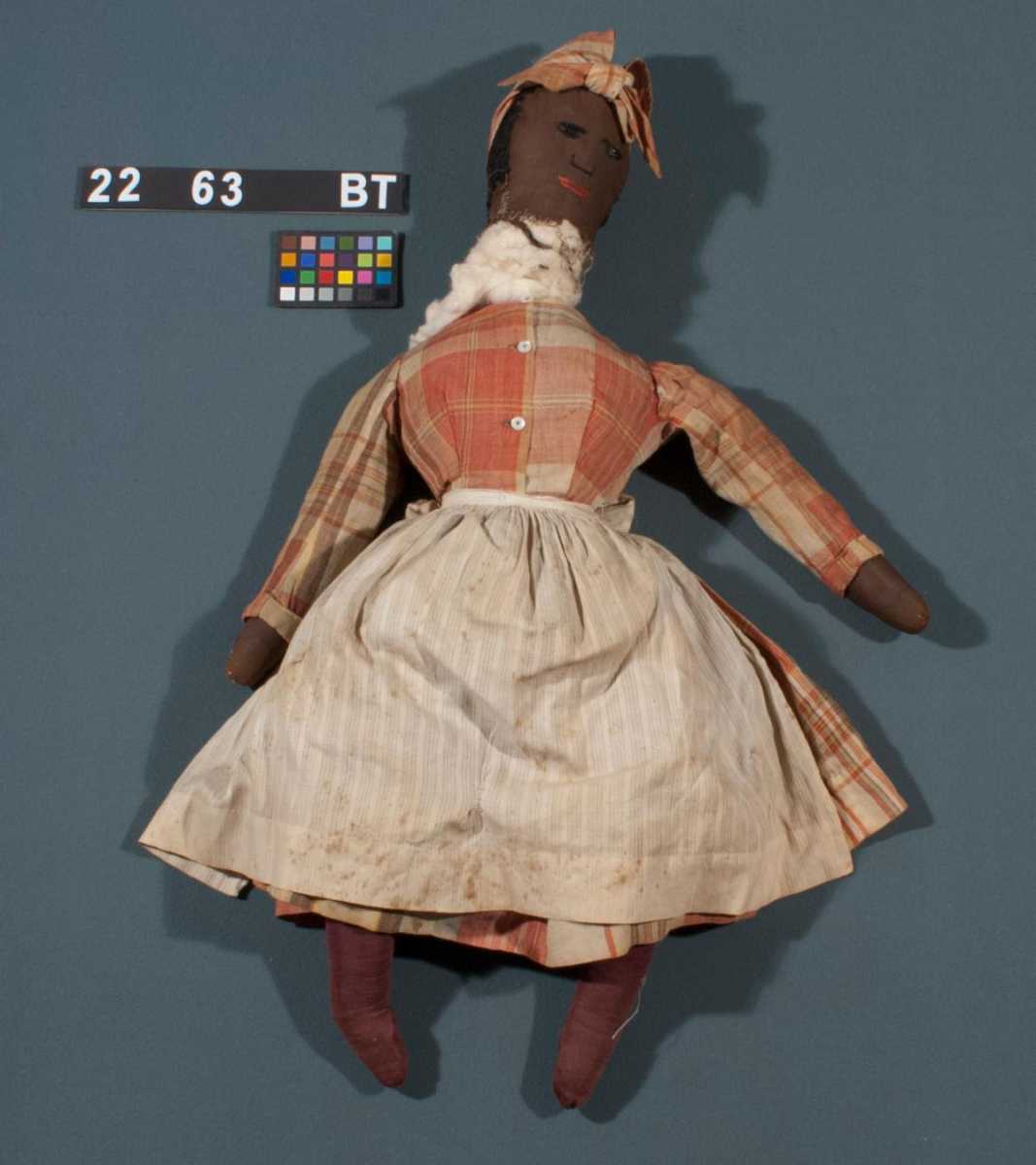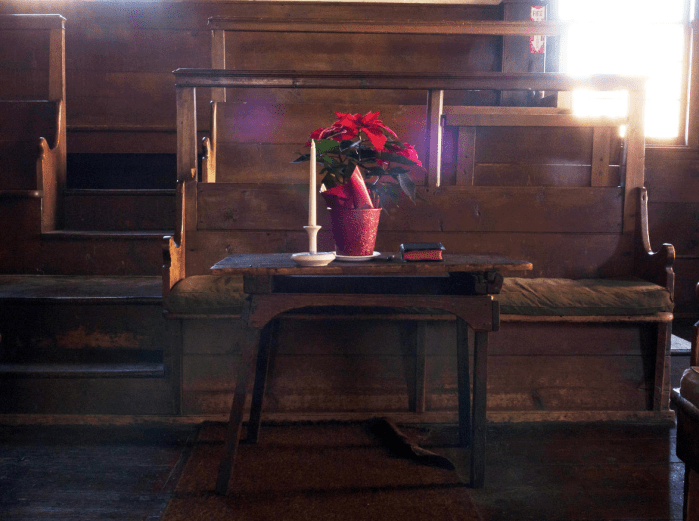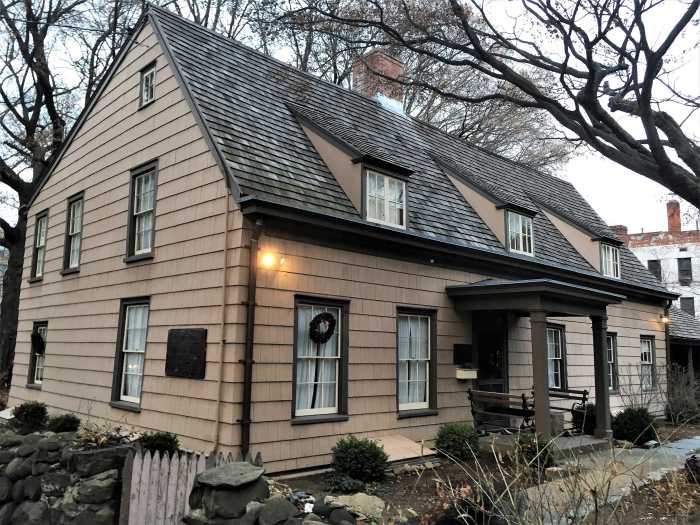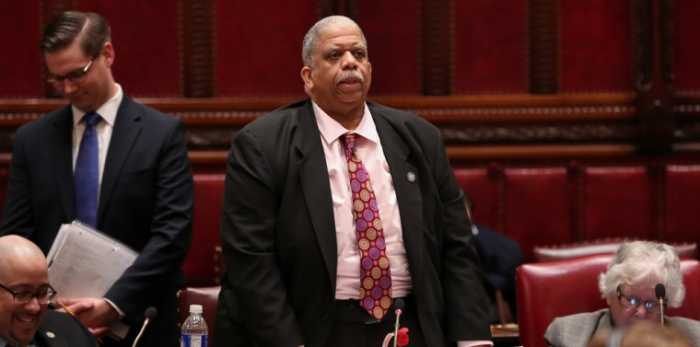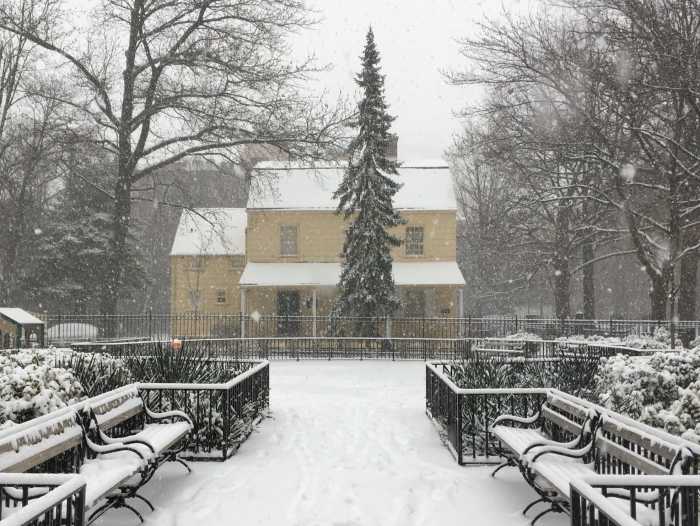Flushing Bowne House received a generous grant from the Greater Hudson Heritage Network (GHNN) and the New York State Council on the Arts (NYSCA) to help conserve an important 19th-century Black doll in the museum’s collection.
The historical importance of these dolls was recently recognized in a New York Historical Society 2022 exhibition entitled “Black Dolls.”
“The field of conservation is continually changing,” said Priscilla Brendler, executive director, Greater Hudson Heritage Network. “It requires practitioners who have demonstrated high levels of proficiency and advanced knowledge, adherence to the ethics and standards of the American Institute of Conservation (AIC), and are recognized for their expertise in the museum field. We are so pleased that these recent GHNN/NYSCA awards will involve 13 individual conservators and five conservation labs — all members of the AIC.”
The doll will be conserved by The Textile Conservation Workshop, a South Salem, New York laboratory providing comprehensive services for the preservation of textiles. Workshop staff have identified 19th-century Black dolls as too often ignored in the past. They are now seen as evidence of the lived experience of their owners and makers as well as a reflection of the larger forces of slavery and its legacy.
“The display of the doll will greatly enhance our interpretation of abolitionist history at Bowne House by complementing our archival materials with a cherished everyday object,” Bowne House Archivist Charlotte Jackson said. “Such artifacts foreground the role of women and children, which is often absent from the written record. Just as the Bowne House Archives is preserving our documentary history with our upcoming digitization project, it’s equally vital that we conserve the corresponding material history.”
Black dolls offer a unique prism through which to view race, representation and Black lives. Once conserved, the doll will be included in an exhibition about the Bowne and Parsons families’ involvement in the abolitionist movement, the Underground Railroad, and their work with the free Black community in Flushing in the 19th and 20th centuries.
The exhibition will be based on research conducted in the Bowne House archives, an extensive collection of letters, maps, photographs, architectural drawings and ephemera spanning more than 300 years of family history, from the 17th to the 20th centuries. Earlier this year, the New York Preservation Archive Project, with generous funding from the Leon Levy Foundation, awarded Bowne House a substantial grant to digitize its archival collections making them, for the first time, available online to students, historians, family history enthusiasts and genealogists, and the general public.

